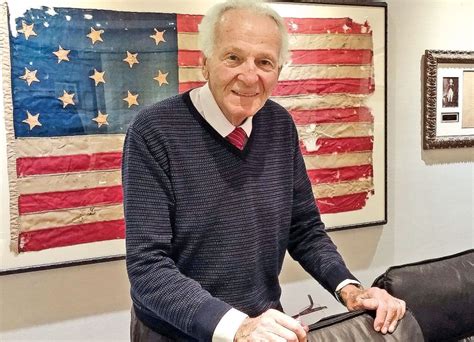A Quote by Marco Rubio
I'm simply asking that people who arrive from Cuba receive the same treatment as any other immigrant who comes from another country. The only difference, obviously, is that the Cuban Adjustment Act will remain in effect, that a Cuban who arrives today from Cuba may remain in the U.S.
Related Quotes
Faith leaders, young people, American companies, human rights advocates, and many others have demonstrated a unique interest in our Cuba policy. But no community cares more deeply about these issues than Cuban Americans - young and old - who have maintained a profound interest in Cuba and an abiding faith in the Cuban people.
They're willing to accept changes on the part of the U.S. that contribute to more money entering Cuba so they can benefit. But in terms of political changes on the island, an opening, etc., that won't happen, that won't change, and I've always said that, from the beginning. I've even said that it doesn't matter how many tourists who to Cuba, how many times the President visits Cuba; there won't be any changes in the Cuban government's posture. And that is the same as always.
Cuba continues to be a source of instability in the region. For example, historic numbers of people are fleeing the island of Cuba, putting migratory pressure on the United States. Number two, this Cuban government is anti-American. They sponsor - they allow the Chinese and the Russians to conduct espionage, electronic espionage and others from the island of Cuba.
Cubans who arrive and can prove that they are refugees who are truly fleeing political persecution will continue to qualify as refugees. The only thing that I've asked for is to do away with automatic benefits granted to someone, basically, Cubans who come from Cuba, if it cannot be verified that they are refugees fleeing political persecution, so they will be treated the same way as any other immigrant who arrives in the United States, which is that legal immigrants in the United States don't have the right to any federal benefits for five years.
It is important to eliminate the stigma created by American imperialism and its allies regarding the Cuban political system. That stigma must be eliminated. You may think that there are no direct elections in Cuba. I am going to tell that they are direct and you can compare our process with any other country including the United States.
First, undoubtedly, there are some people who are coming from Cuba who immediately, or from any other country, benefit. But, what is the difference between that and someone who is coming from Nicaragua, Guatemala, Mexico, etc.? That is, we are simply going to say that someone who comes from another country to the United States - the first five years they're here - they don't qualify for federal benefits. They may benefit from local benefits, state benefits. Those decisions belong to other jurisdictions.
I think it's just been a core part of the Cuban revolution to have a very high level of internationalism. I mean, these cases you've mentioned are cases in point, but the most extreme case was the liberation of Africa. Take the case of Angola for example, and there are real connections between Cuba and Angola-much of the Cuban population comes from Angola.





























